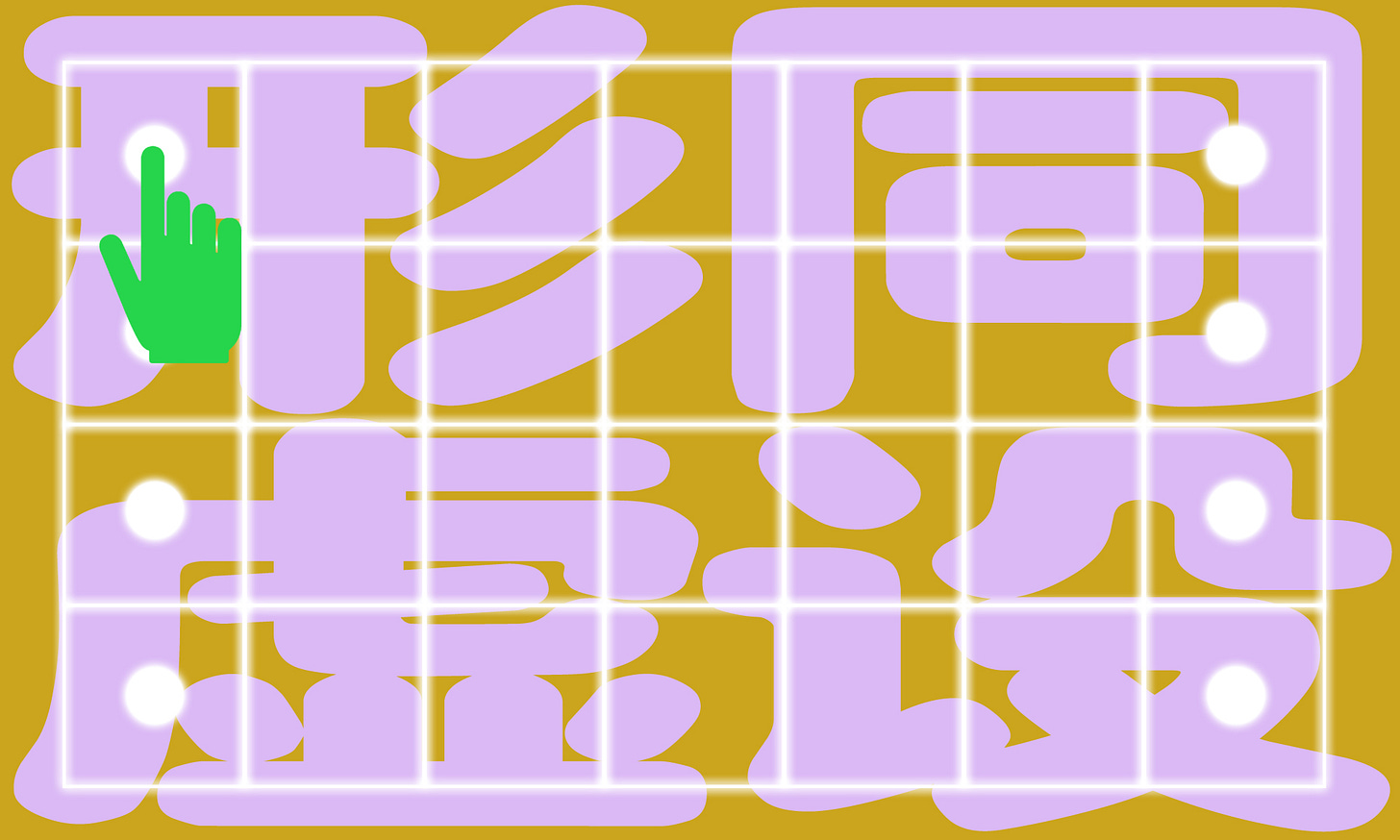"Practically non-existent" — Phrase of the Week
Schools promise weekends off—but will the pressure ever ease?

Our phrase of the week is: "practically non-existent" (形同虚设 xíngtóng xūshè).
Context
Giving high school students two-day weekends has sparked debate after some schools in China began implementing the change, allowing 10th and 11th graders—aged 15 to 17—to reclaim their weekends.
Many students currently endure six-day school weeks, with some getting just one or two days off a month, spending weekends preparing for tests and the gaokao (高考), China’s university entrance exam.
But parents worry the new policy will widen educational inequalities, as wealthier families can afford private tutoring, leaving poorer students further behind.
Supporters argue the change will give students a life beyond school, fostering much-needed social interaction and overall development.
Students, however, liken their school pressures to China’s gruelling "996" work culture—9am to 9pm, six days a week. For them, it’s even tougher. Their days are known as "611"—starting at 6am and ending at 11pm:
Students have to get up at five or six in the morning and only go to bed at eleven or twelve at night.
They face overwhelming academic pressure with packed weekends of extra classes and homework and practically non-existent winter and summer breaks.
每天早晨五六点起床,晚上十一二点睡觉,课业负担重得让人窒息,周末被各种补习班、作业压得喘不过气,寒暑假更是形同虚设。
Měitiān zǎochén wǔ liù diǎn qǐchuáng, wǎnshàng shí yī èr diǎn shuìjiào, kèyè fùdān zhòng de ràng rén zhìxī, zhōumò bèi gè zhǒng bǔxíbān, zuòyè yā de chuǎn bú guò qì, hánshǔjià gèng shì xíngtóng xūshè.
And with that, we have our Sinica Phrase of the Week!
What it means
"Practically non-existent" is an idiom, translated directly as "form is like" (形同 xíng tóng), and "empty set-up" (虚设 xūshè).
It means something exists in name only.
The origin of this idiom is Essays from Elegant Abode (雅舍小品 yǎshè xiǎopǐn), first published in the 1940s. It’s a series of light and witty personal essays reflecting on life, culture, and human nature by Liang Shiqiu 梁实秋 (1903–1987).
Liang was a renowned Chinese writer, literary critic, and translator, best known for his essays on and translations of Western literature, including Shakespeare’s complete works.
He opposed leftist literary movements, sparking fierce debates with figures like Lu Xun 鲁迅. After moving to Taiwan in 1949, he faced criticism during the Cultural Revolution. His works were later re-evaluated by the Communist Party, and in the 1980s, he was officially accepted on the Mainland again, even visiting before his death.
The idiom is found in the following passage of Essays from Elegant Abode, in the essay, Such Were the Joys (不亦快哉 búyì kuàizāi):
"I suddenly noticed that the houses on both sides had electric doorbells installed at their entrances.
Yet, the bells often didn’t work—weren’t they as good as non-existent?
So, I raised my arm, extended my wrist, stretched out my index finger, and pressed each button one by one."
“忽见左右住宅门前装有电铃,铃虽设而常不响,岂不形同虚设,于是举臂舒腕,伸出食指,在每个钮上按戳一下。”
"Hū jiàn zuǒ yòu zhù zhái mén qián zhuāng yǒu diàn líng, líng suī shè ér cháng bù xiǎng, qǐ bù xíngtóng xūshè? Yúshì jǔbì shūwàn, shēnchū shízhǐ, zài měi ge niǔ shàng ànchuō yíxià."
In this essay, Liang recalls moments of joy from his life, like this one from his childhood—playing a mischievous game similar to "knock and run," a popular pastime for kids like me growing up in Britain in the 1980s. In Liang’s version of the game, decades earlier, the doorbells didn’t work—so he asks: isn’t that as good as them being non-existent?
There’s an echo of this cynicism in discussions about giving school kids two-day weekends. Some schools have begun implementing the change, but with all the pressures on kids to get good test scores, aren’t those weekends “as good as non-existent” anyway?
Andrew Methven is the creator of RealTime Mandarin, a resource to help you bridge the gap to real-world fluency in Mandarin, stay informed about China, and communicate with confidence in Chinese.
Read more about how this story is being discussed in the Chinese media in this week’s RealTime Mandarin.



